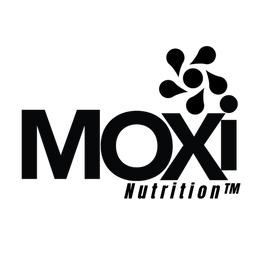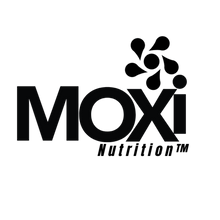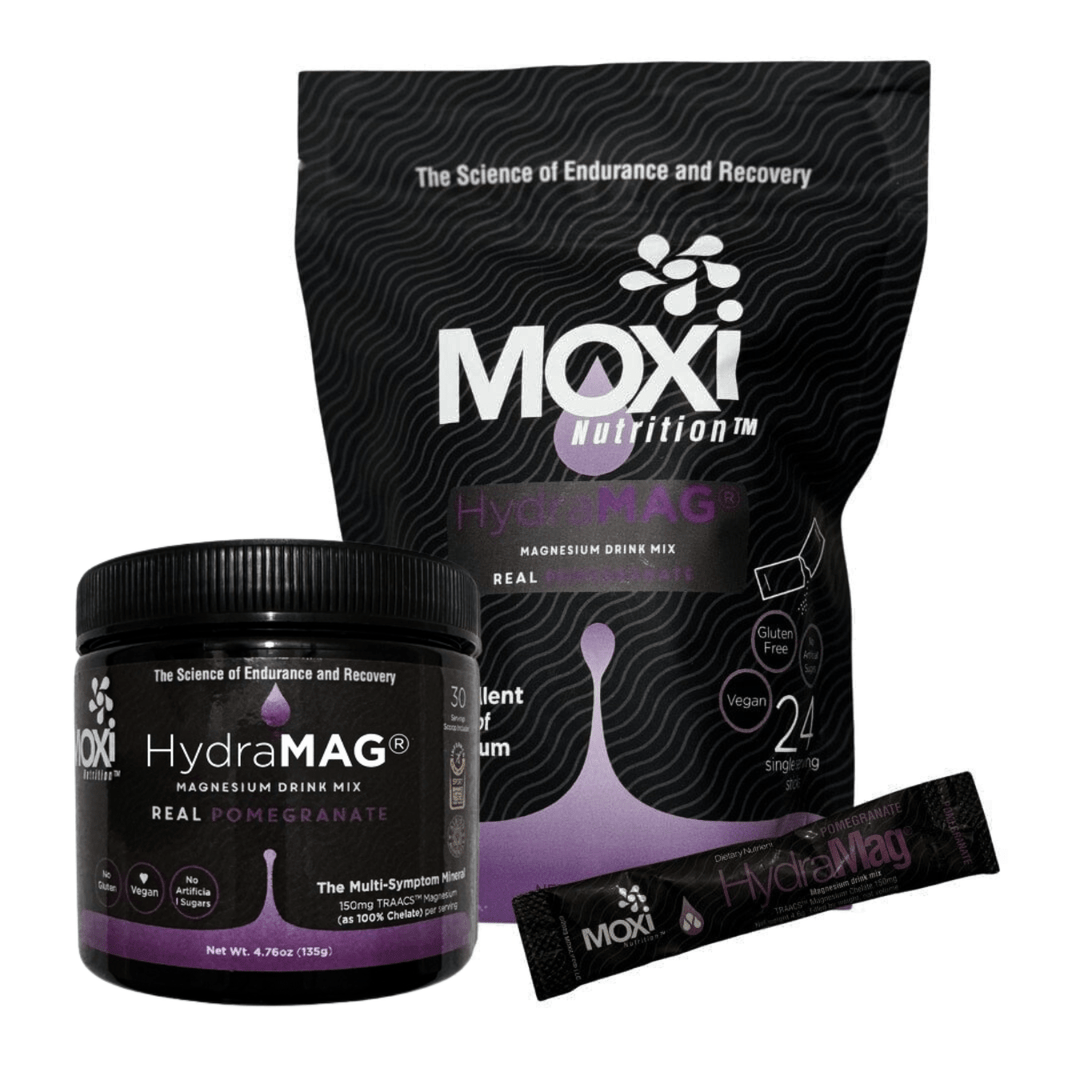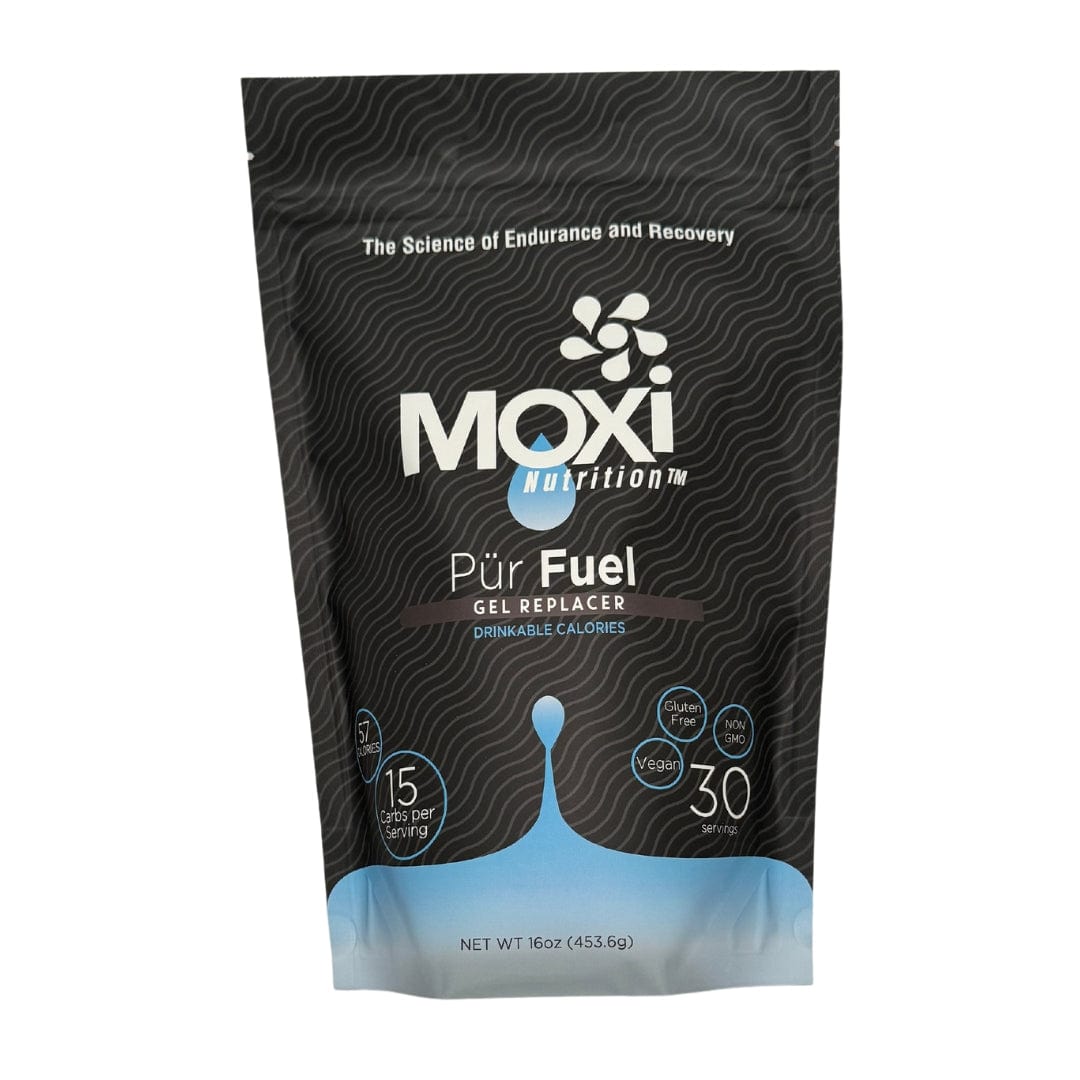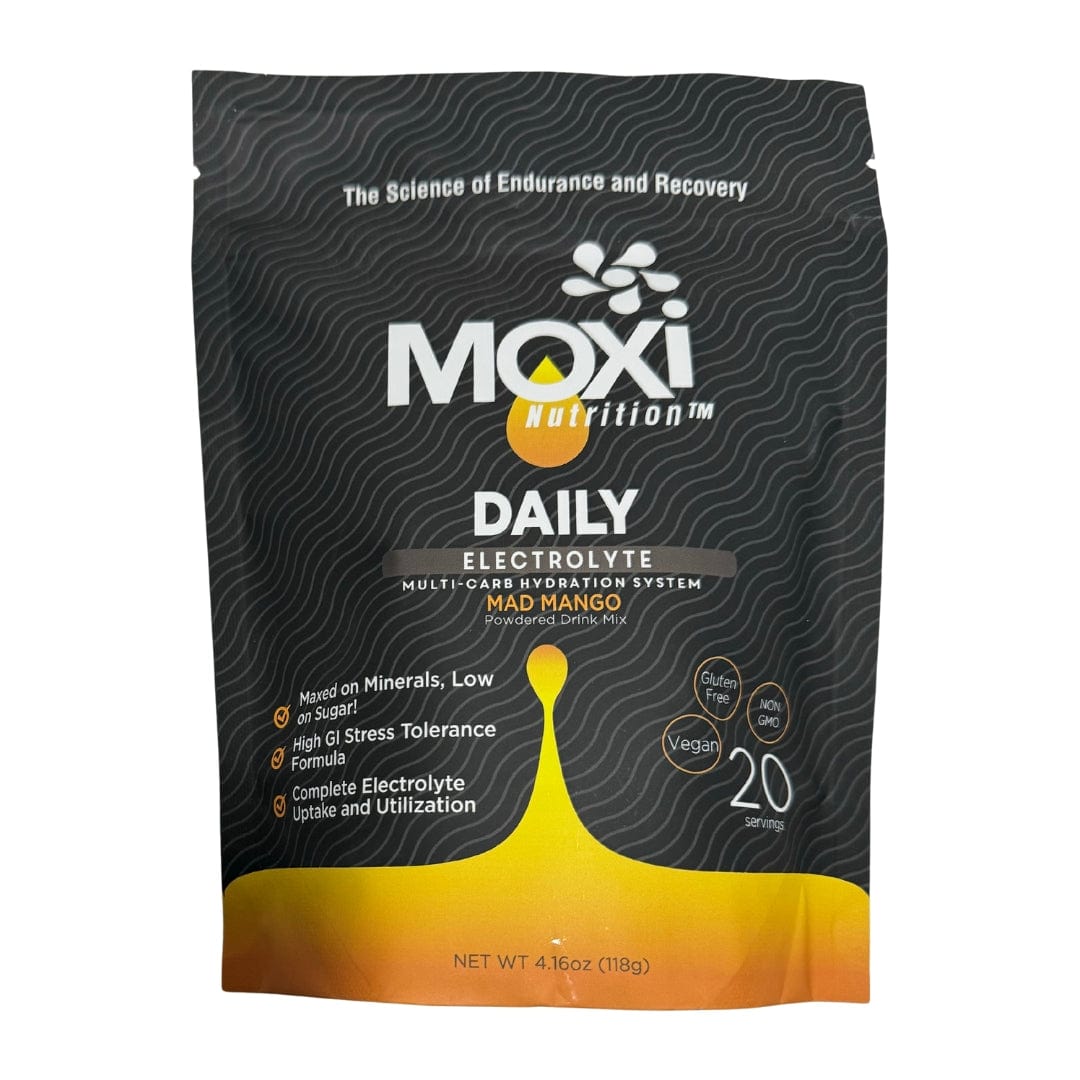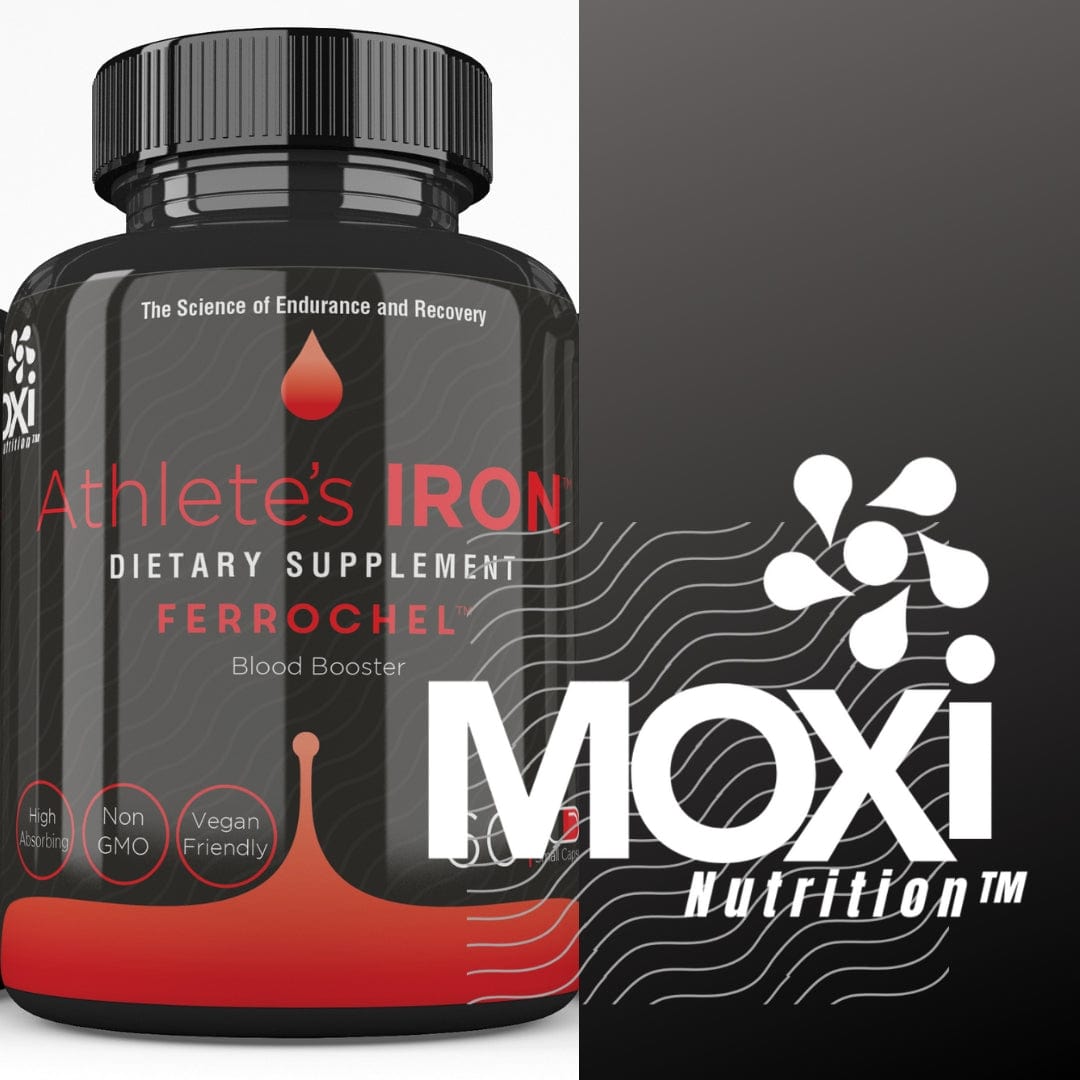Thyroid & Athletes: What You Need to Know

Audio Version:
We are seeing an increase in thyroid issues in endurance athletes and, unfortunately the need for thyroid medication or, invasive procedures.
Thyroid Function: Learn How The Thyroid Affects Athletes Performance
- What does the thyroid 'DO’?
- Where it’s located?
- Common thyroid Diseases
- How thyroid disease affects Athletic performance?
- Dis-functional thyroid causes
- Minerals and how they elevate thyroid function
What are the thyroid functions in the body?:
The Thyroid supports the metabolism and makes T4 & T3, 2 critical hormones, that regulate how cells utilize energy. Thyroid hormones they affect nearly every organ in your body—even the way your heart beats.
Location:
The thyroid is located just below the neck region and is butterfly shaped organ
The most common thyroid diseases:

- Hashimoto’s Thyroiditis affecting over 14 million individuals in N America. Hashimoto’s disease is an autoimmune disorder, the immune system makes antibodies that attack the thyroid gland.
- Hyperthyroidism-overactive thyroid aka; fast metabolism
- Hypothyroidism- underachieve thyroid aka; slow metabolism
How the thyroid affects athletic performance:

Hyperthyroid: Overactive
1. Hyperthyroid athletes have a higher basal metabolic rate as a result of heightened thyroid hormone levels. As a consequence of elevated hormones, these athletes have a higher oxygen use and heat generation. These athletes are more susceptible to heat-related disease. Grave’s Disease is the most common disease associated with Hyperthyrodism.
2. Although uncommon, this similar mechanism may culminate in rhabdomyolysis due to depleted muscular energy storage.
3. Hyperthyroidism affects heart rate, particularly arrhythmias such as atrial fibrillation and atrial flutter, as depicted below.

Hypothyroid: Under active
1. Hypothyroidism may result in muscle breakdown, resulting in cramping, weakness & additional soreness. Hypothyroid myopathy often manifests as muscular weakness most commonly the shoulders and thighs.
2. Fatigue and lack of energy: Untreated or under treated hypothyroidism, may lead to a lack of energy, affecting a reduction in training.

- Hypothyroidism can affect the stomach by reducing digestive gastric acid, affecting the ability to breakdown food and ultimately nutrient absorption.
- Additionally, ‘Brain Fog’ is also associated with hypothyroidism
Causes:
Thyroid issues are caused by genetic predispositions, autoimmune disorders, pituitary and hypothalamus dis-functions & nutrient deficiencies. Diets high in Soy; edamame, meat alternatives, tofu & miso, are also shown to block the body’s ability to absorb iodine.
Both Minerals and Vitamins are Key Thyroid Nutrients

Key Minerals:
Iodine
Magnesium
Zinc
Selenium
Copper
Iron
Manganese
Molybdenum
Boron
Key Vitamins
Vit A, B-12, Thiamine, riboflavin, C
Protein is also necessary for Tyrosine which is a key component of thyroxine
How do each of these minerals play their role in thyroid health?
- Iodine: Each Thyroxine hormone molecule;T4&T3, contains up to 4 atoms of iodine. Iodine deficiency can also affect fetal brain development and result in intellectual deficiency.
- Magnesium: Hashimoto’ often displays magnesium deficiency. Magnesium is involved with the TSH: Thyroid Stimulating Hormone, made in the Pituitary. TSH activates T4 thyroxine hormone
- Zinc: Responsible for maintaining proper TSH, T4&T3 via hypothalamus stimulation
- Selenium: Essential in the production of iodinase, the enzyme responsible for the T4 to T3 conversion.
- Copper: Essential to the hypothalamus gland activity and Thyroxine production
- Iron: Required to produce thyroid peroxidase which is also essential for T4 to T3 conversion
- Manganese: is involved with producing Manganese Superoxide Dismutase, an enzyme directly involved in thyroxine production and thyroid function
- Molybdenum: required in very small incremental levels however is essential for autoimmune disorders, like Hashimoto Disease.
- Boron: Required for T4 to T3 conversions.
Key takeaways:
- Minerals play a significant role in Thyroid Health
- Athletic performance may be compromised from thyroid issues
- Digestive Issue might stem from Hypothyroidism
- Weight Issues might be a direct result of thyroid problems
If you are suspect of thyroid issues seek biomarker testing prior to supplementing. Not only will your have an accurate understanding of your health, you will know which supplements you may be deficient in to help complete the deficiency loop.
MOXiLIFE provides 2 products HydraMag and Athletes Iron for Thyroid and metabolic support.
The best way to assure you have a healthy thyroid we suggest getting tested for you thyroid health either through your physician or via online testing services.
A Word from TED TALKS on how the Thyroid works with the metabolism
Click Here for more audio blog versions
